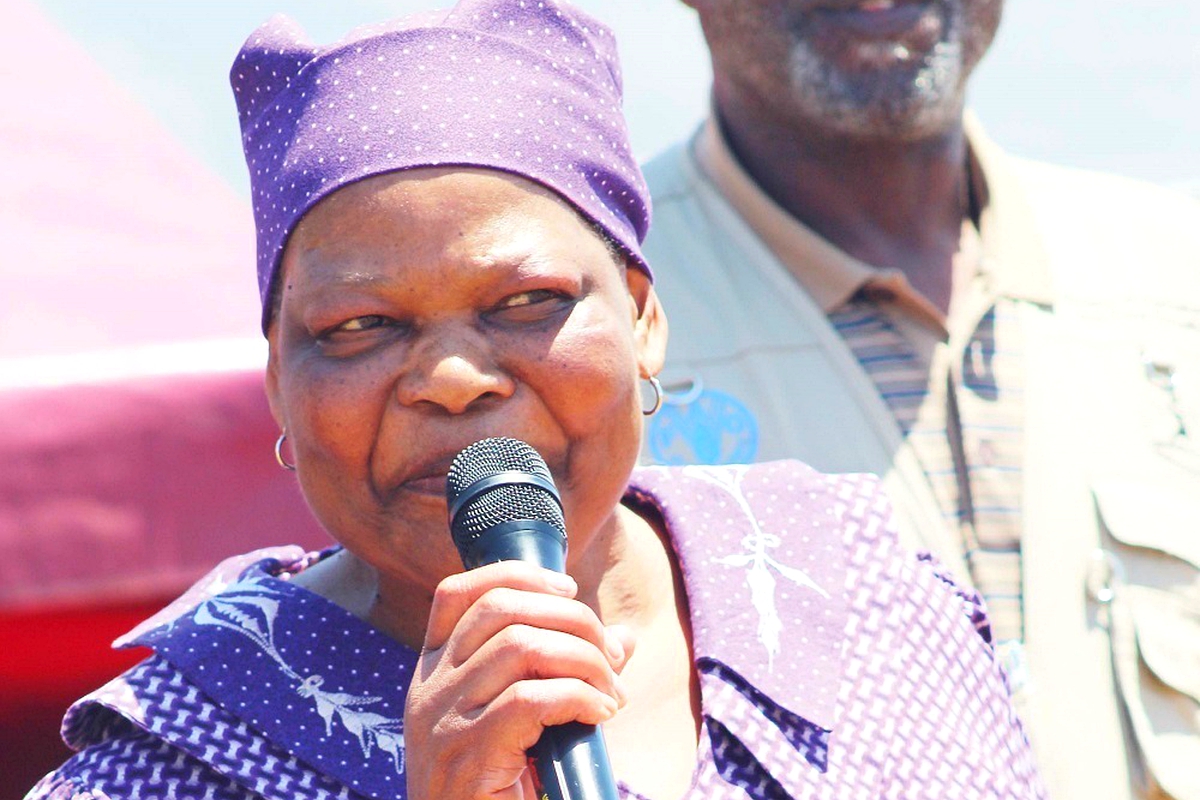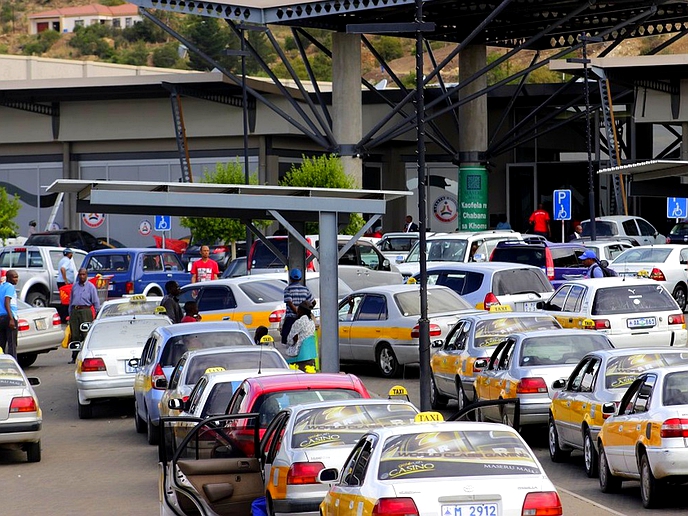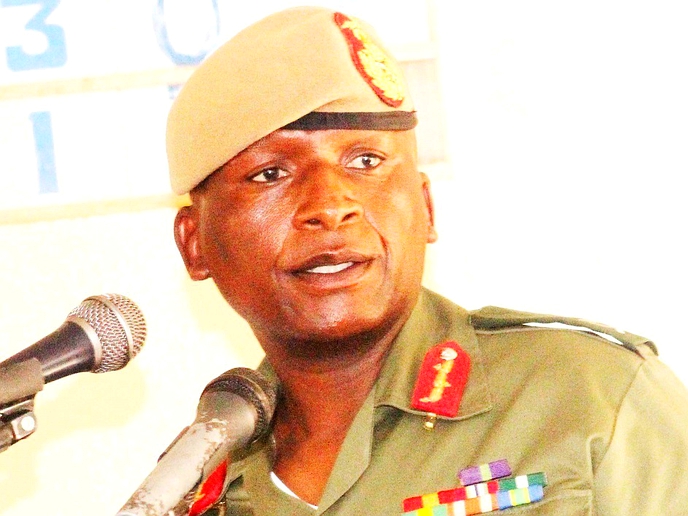The World Bank, in collaboration with the Government of Lesotho has released a new report assessing the performance of Lesotho’s social protection policies and programmes.
business
July 9, 2021
LINEO MABEKEBEKE
3 min read
New social protection assessment to enhance the poor

Minister of Social Development, 'Matebatso Doti
As the country continues to face weak economic growth and limited fiscal resources further constrained by the economic shocks of the COVID-19 pandemic, strong effective social protection programmes are needed to help protect vulnerable people and ensure that they can meet their basic needs.
The Social Protection Programme and Systems Review acknowledges Lesotho’s progress to establish safety net systems and programmes and suggests a selected range of policy options to increase fiscal savings and improve the coverage and effectiveness of the programmes.
“This report will help inform the design and implementation of our social protection programmes and policies to ensure that they are efficient and equitable,” said ’Matebatso Doti, the Minister of Social Development.
She said the report will also help improve the efficiency gains of existing programmes in order to allow the ministry to fund more programmes such as the disability and infant grants.
According to a press statement released by the World Bank on Tuesday, Lesotho has made significant investments in developing social protection programmes over the last 20 years.
It says the country’s social protection programmes tackle vulnerabilities throughout the life cycle, from children to the elderly.
It states that the current programmes are costly with social protection spending representing about 6.4 percent gross domestic product (GDP), making Lesotho the highest spender among other African countries.
The review found that while several social assistance programmes in Lesotho are effective in reducing poverty, they have low cost-effectiveness and poor targeting with a large share of the support going to the non-poor.
The operational systems used to deliver the programmes remain largely manual and have leakages which impact the efficiency of the programmes.
Simulations show that if programmes such as tertiary bursaries were retained only for underprivileged students, with savings reallocated to a transfer targeted to poorer households, the national poverty rate could be reduced by 3.2 percentage points at the food poverty line.
Enjoy our daily newsletter from today
Access exclusive newsletters, along with previews of new media releases.
“It is our hope that this research will enhance policies to ensure that the important investments the government is already making in social protection will help to break the cycle of poverty for the next generation, keep children healthy and in school, and help households transition from social grants for their livelihoods to more sustainable income generating opportunities,” said Marie Francoise Marie-Nelly, the World Bank Country Director for South Africa, Botswana, Namibia, Lesotho and Eswatini.
The report suggests that the government reviews the allocation of spending across social protection programmes with the aim of improving value for money, while enhancing their benefits for the recipients.
It suggests scaling and re-allocating social protection spending towards poverty-targeted programmes such as the child grant programme, whose total costs account for only 0.15 percent of GDP.
It also suggests improving social protection systems by shifting payments from cash to digital payments and introducing ‘Cash Plus’ measures to link beneficiaries to productive activities, and link child grants to better investments in human capital.
Tailored for you






